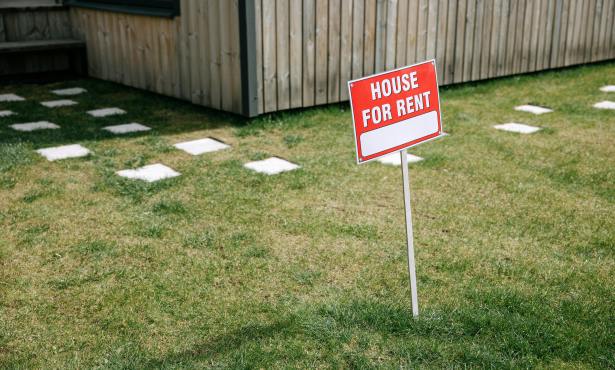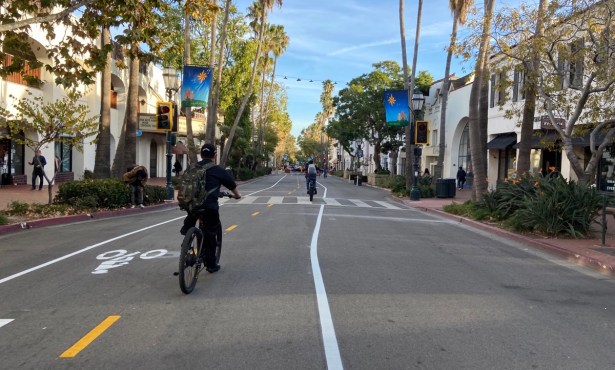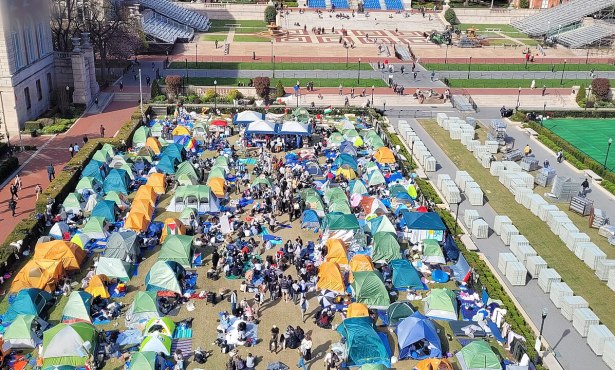Women and Farmworkers Struggle for Justice
Progress Comes Slowly: Farmworker Bill of Rights Before Santa Barbara County
This week we celebrate César Chávez Day in honor of the farmworker movement. Also in March we mark International Women’s Day, recognizing the ongoing fight for gender equity. These two movements have shaped us, and this week we find ourselves reflecting on the ties that bind them together.
Without the hard labor of women and farmworkers, commonly undervalued, we could not create or sustain human life. Yet both have a long legacy of being silenced, dismissed, and disenfranchised. Women and farmworkers have been treated as second-class citizens, or worse (in the case of the original farmworkers, Native-American and African-American slaves), considered not full human beings at all.
Even today, when women and farmworkers speak up about crimes or abuses they face, whether sexual assault and domestic violence or stolen wages and unsafe working conditions, they are met with the assumption, spoken or unspoken, that they must be lying or exaggerating. Rather than responding with action, there is an endless call for more dialogue and more study, as if the brave testimonies of survivors are not credible or significant. When acknowledged as truthful, often they are brushed off as isolated incidents that cannot possibly be part of systemic social problems that require systemic policy solutions.
Women, after generations of struggle, have finally gained enough — just enough — political capital for “fair pay” to gain broad support. Last year, California signed into law the Fair Pay Act, led by our own Senator Hannah-Beth Jackson, one of the strongest laws in the country enforcing equal pay for women. It drew support from the statewide American Association of University Women (AAUW), California Chamber of Commerce, and a majority of legislators of both parties.
Farmworkers in our community are mostly undocumented immigrants, ineligible to vote, many from indigenous communities who speak their native languages, like Mixteco, with little formal education to read and write in Spanish, let alone English. So it should come as no surprise that farmworkers have little political capital. Since the 1970s, farmworkers work more hours, and yet wages in real value have declined. They are still the only workers in California who are not paid overtime after eight hours a day or 40 hours a week, a result of the racist legacy of their exclusion from the Fair Labor Standards Act in the 1930s, a deal brokered between President Roosevelt and Southern congressmembers who did not want black farmworkers granted labor rights.
The struggles of women and farmworkers are intertwined. Perhaps the only members of our communities paid less than male farmworkers are female farmworkers. According to Census data, while year-round, full-time male farmworkers in the Central Coast earn around $20,000 per year, their female counterparts earn roughly $15,000. Female farmworkers are especially vulnerable to sexual assault and harassment, where foremen have almost absolute power over their workers. And women farmworkers often have to work while pregnant, despite known links to reproductive health harms from exposure to hazardous pesticides during pregnancy.
As women who continue to fight for equality, we stand in solidarity with farmworkers struggling for justice. We ask our policymakers at the county, state, and federal levels to believe farmworkers who are courageously speaking up despite immense fear of retaliation that could cost them their jobs or being deported away from their families. Know that for every person who is able to testify in front of policymakers or file formal complaints or be interviewed by researchers, there are countless numbers of farmworkers who have survived abuses and are fearful to speak about them.
When it comes to issues like AB2757, the bill that would grant overtime pay equity to farmworkers in California, and the Farmworker Bill of Rights being proposed in Santa Barbara County, we stand with every woman and farmworker who has bravely raised her voice, even if it trembled. We stand with those who are speaking out for justice, in spite of intimidation and retaliation, and saying, “We believe you.”
Gaye Teresa Johnson, PhD, is the president of the Board of Directors of CAUSE (Central Coast United for a Sustainable Economy). Susan Rose is a cofounder of the Santa Barbara Women’s Political Committee and a former county supervisor.



